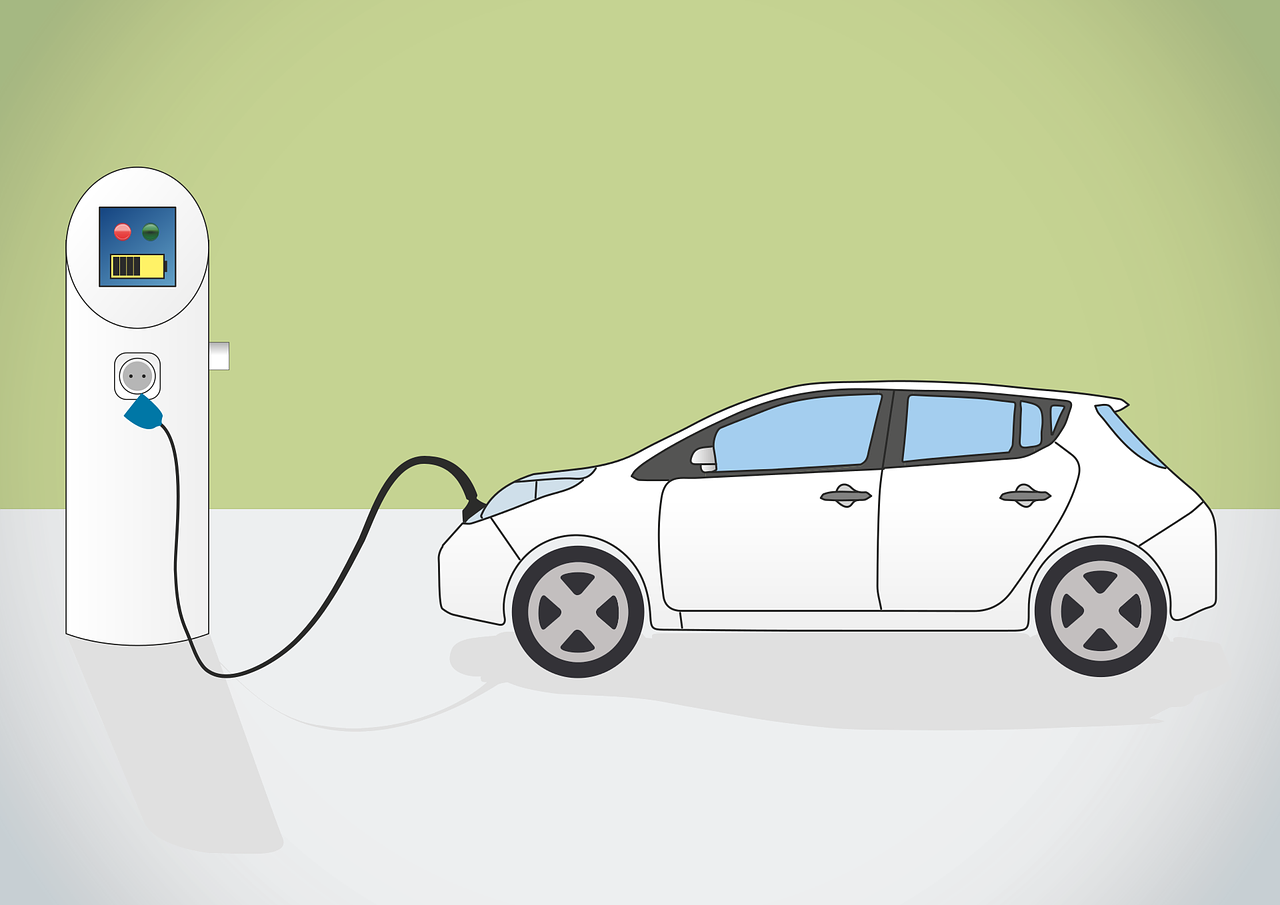Samsung SDI has issued a recall for up to 180,196 high-voltage hybrid vehicle battery packs due to internal cell failures. These battery packs have been installed in a significant number of vehicles, including 155,096 Jeep models, 20,484 Ford vehicles, and 4,616 Audi cars. The recall comes amid concerns that the battery failures could lead to a loss of drive power and an increased risk of fire.
The root cause of these failures is currently under investigation by Ford. Initial findings suggest that the high-voltage battery cell separator, which functions as a barrier between the cathode and anode, may be susceptible to damage due to a manufacturing defect. This damage can result in an internal short circuit. FCA US has also stated that the Samsung SDI battery packs may contain cells with separator damage. In rare cases, complex interactions within the cells could potentially lead to a fire.
Affected Battery Pack Cells
The suspect cells were manufactured at various points between July 1, 2020, and March 28, 2023. These cells were installed in battery pack modules supplied to major automakers, including Ford Motor Co., FCA US, and Volkswagen Group’s luxury brand Audi. Despite the recall, the three automakers have reported that they are not aware of any injuries or accidents related to the defective batteries. However, they have noted four “thermal events” in markets outside of the United States.
In response to this situation, Volkswagen has committed to replacing its battery packs at no cost if customers experience any issues before a forthcoming software update. Meanwhile, Ford, FCA US, and Volkswagen are collaboratively developing software updates intended to enhance the detection of battery abnormalities. These updates aim to notify drivers promptly if any problems occur. The software update is expected to be available in the second quarter of 2025.
Author’s Opinion
While it’s reassuring that no injuries have been reported, this recall highlights the potential risks that electric vehicle manufacturers face when it comes to the reliability and safety of their battery systems. It’s encouraging to see automakers take swift action to address the problem through software updates and replacements, but it’s clear that the industry still faces hurdles in ensuring the long-term safety of its electric vehicle technology.










